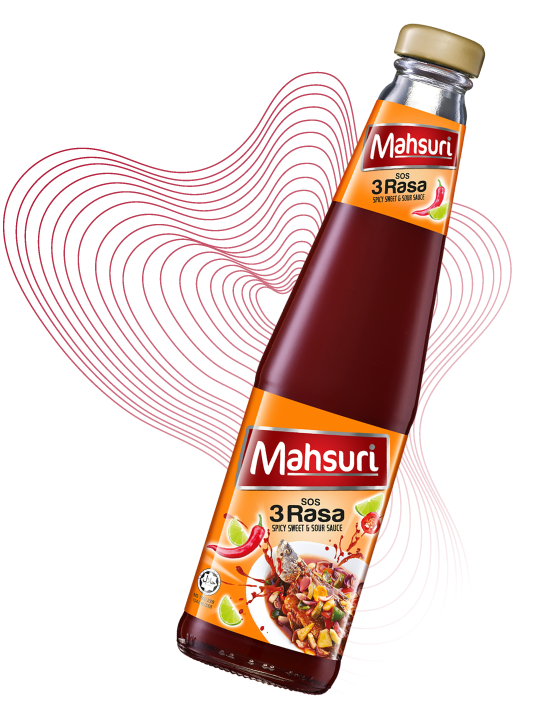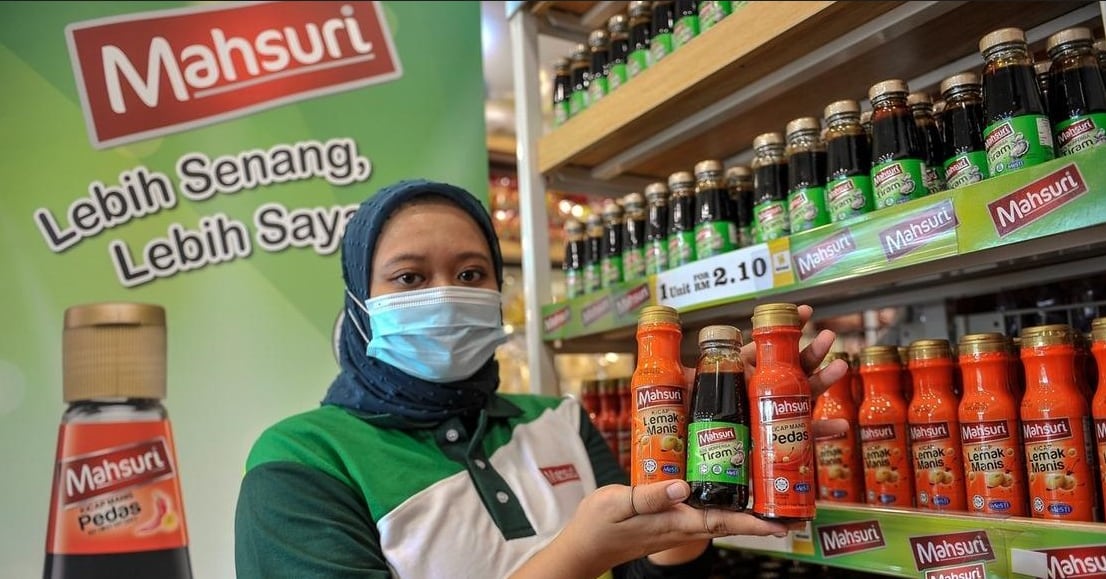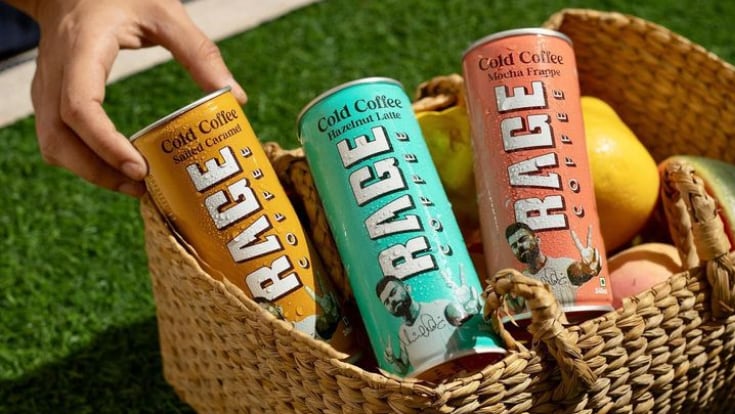Founded in the 1990s, Mahsuri has been a household brand based in Malaysia offering a range of halal-certified sauces.
Last month, it announced its new sqm manufacturing plant in Bandar Enstek, Negeri Sembilan, in Malaysia that is set to commence operations in early-2025.
Speaking to FoodNavigator-Asia, its associate plant director Jimmy Yap said that the new facility would “help to position Mahsuri as the pioneer of soy sauce making in the South East Asia region”.
It would boost the firm’s capacity to meet the increasing demand for sauces through export across Asia, and accelerate its R&D for NPD, it added.
The 24,000 sqm plant is set to centralise its manufacturing, warehousing, a quality assurance laboratory, and a R&D centre in one place. Additionally, it would introduce an advanced technology for soy sauce production – a rotary-type Koji-making machine.
“In our new plan, we want to deploy renewable energy to minimize the use of conventional energy. We also aim to achieve the Leadership in Energy and Environmental Design (LEED) certification, which is the framework for green building. A greener and healthier work environment would enable us to achieve efficiency and greater carbon and cost savings,” Yap added about the new facility.
Increasing demand for convenience and healthier options
Senior commercial manager of Mahsuri foods, Mohd Jazri, pointed out that consumers are increasingly seeking out for 1) convenience; 2) healthier; as well as 3) flavour innovations in the sauces category.
“We learnt a lot from COVID when everyone was eating at home by cooking or getting takeaways. Now, consumers want convenience, hassle-free and time-saving options.
“There is also a growing demand for healthier food options, particularly for plant-based alternatives that have added nutritional benefits for all customer bases.”

“Lastly, they want different flavours. We’ve got a unique sauce called 3Rasa [a spicy sweet and sour sauce] that is the only one in the market.”
Its halal-certified product range include both ready and cooking sauce bottles, with flavours spanning hot sweet soy, oyster flavoured, sweet soy, savoury sweet, black pepper, extra hot sweet soy, and Korean style garlic flavoured.
It is amid exploring alternative and non-GMO ingredients, and less sugar and salt options for its new sauces.
Additionally, moving forward with new export markets, it wants to capitalise on its R&D capabilities to develop localized flavours and new packaging formats for its direct-to-consumer (D2C) channels.
“Right now, in terms of convenience, we are educating our customers how to use the sauces. It’s on social media and in some cases, we are on the ground at wet markets to engage with our customers on how to pair our sauces with foods, and how they can use less ingredients if they use our sauces,” Jazri said.
It currently only customizes formats for business-to-business (B2B) customers based on their business needs, and these formats span glass jugs, PET bottles, cans, canisters, sachets, and pouches.
Targeting the halal market, it currently exports to Singapore, Brunei, and Indonesia, and is planning to expand to the rest of South East Asia, Middle East, and Europe.




